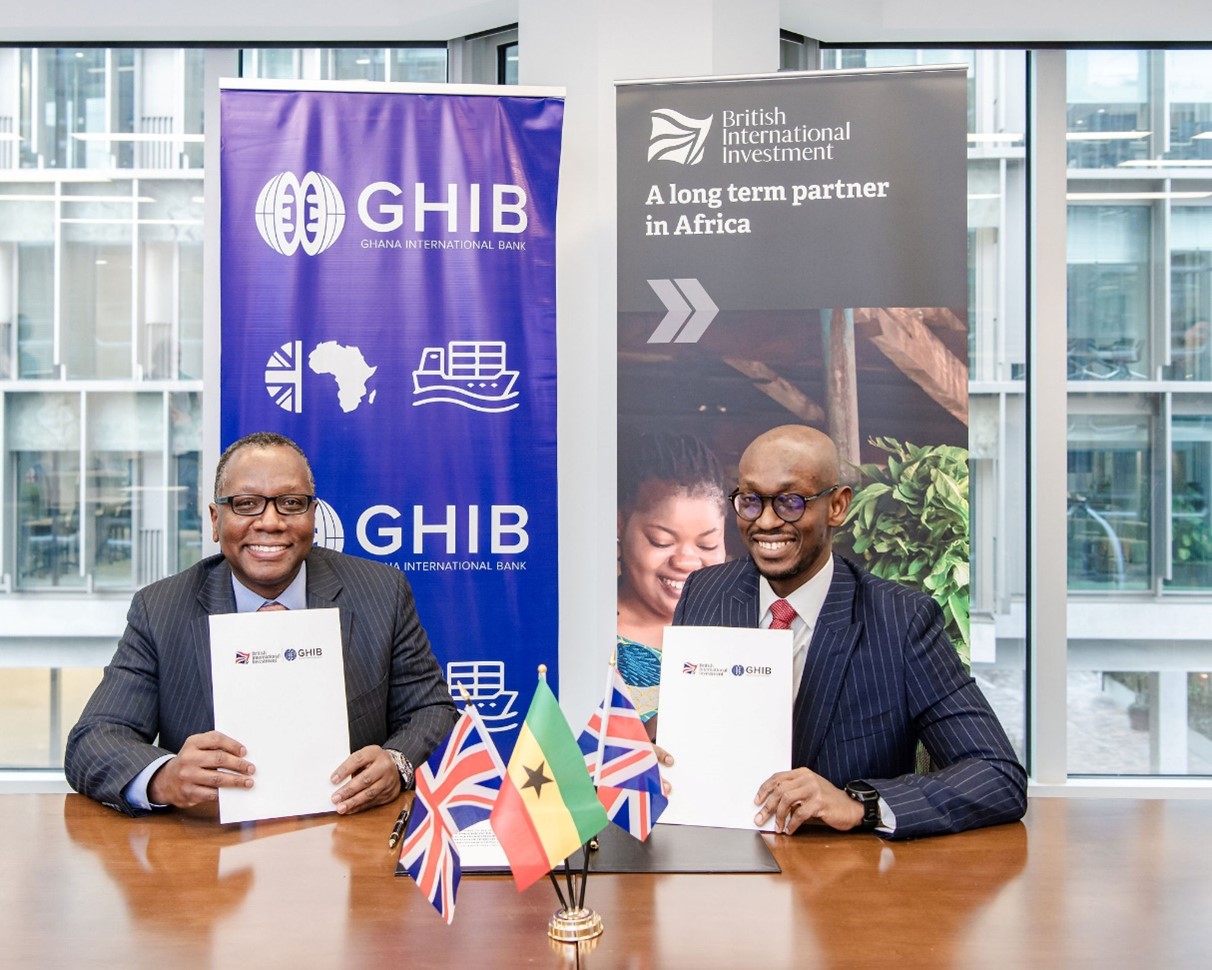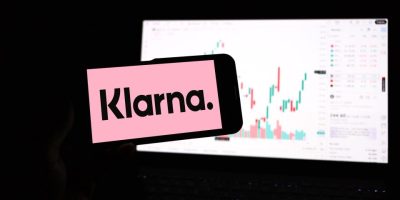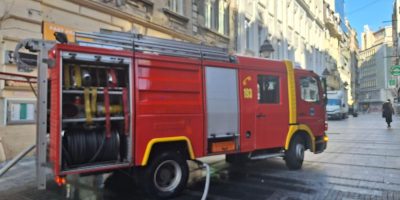•First partnership between GHIB and BII, two UK institutions to address trade finance needs on the continent.
•Target economies include Sierra Leone, Liberia, The Gambia, Benin, DRC, Rwanda, and Tanzania.
London, UK – 3 March 2025 – Ghana International Bank plc (GHIB), a leading UK-based African financial institution, and British International Investment (BII), the UK’s development finance institution and impact investor, today announced a $50m trade finance facility covering Sierra Leone, Liberia, The Gambia, Benin, Democratic Republic of Congo, Rwanda and Tanzania.
Under a Master Risk Participation Agreement (MPRA), the $50 million facility will enable GHIB to support more businesses and facilitate trade flows in the target countries. This addresses the general lack of credit appetite for frontier markets in Africa for reasons including high risk perception and comparatively lower volumes.
Increased trade finance can enable local businesses to import the commodities and equipment they need to sustain and grow their businesses. It helps create economic opportunities for business owners and maintain continued supply of essential goods in the market for Africans at a reasonable price.
The UK’s Minister for Africa, Lord Collins of Highbury, commented: “I’m delighted to see two UK institutions coming together to strengthen economic ties with Africa. Africa’s trade financing gap is one of the continent’s most pressing challenges and access to this funding will enable local businesses to trade more with the world, including the UK. This partnership serves as another example of BII’s leadership in building opportunities for growth with the UK’s partners.”
Kwabena Asante-Poku, Country Director for Ghana at BII said: “In recent years, many African countries have faced challenging economic conditions that have impacted growth and livelihoods. Trade remains a key driver of growth for African economies especially in frontier markets like Sierra Leone, Liberia and The Gambia. Enhancing the flow of trade credit and financial intermediation to these markets will ensure access to essential goods and services which in turn drives sustainable and inclusive economic growth. We are pleased to partner with GHIB to offer practical trade finance solutions to businesses in countries facing difficulties in accessing finance for imports and exports.”
Dean Adansi, Chief Executive Officer of GHIB, added: “At GHIB we believe our success over the last 65 years is rooted in a deep understanding of African risk. This partnership with British International Investment represents a viable path through which we can structure partnerships that leverage this deep knowledge of risk into profitable and impactful transactions. With this deal, we are employing a structure that uses our deep knowledge and access of the market, harnessed together with the superior scale and capacity of BII. Together, we are bringing this to support and expand opportunity in these emerging markets enabling real GDP growth. Our research indicates that each dollar of trade unlocks about $1.3 into the GDP of our markets. We will work to make this deal a success, as it will open the way for more liquidity injections into the market.”
The collaboration leverages GHIB’s extensive network and proven track record in trade finance and allows BII to engage in a partnership that addresses the expanding trade finance gap in African markets, especially under challenging economic conditions. BII’s involvement brings essential foreign exchange dollar liquidity, critical for the import of key goods to GHIB’s operating markets.
About GHIB
Ghana International Bank (GHIB) is a UK Pan African Trade Bank focussed on developing and facilitating Trade Finance solutions in the continent. After over 65 years in the heart of London GHIB has become a well-established financial institution with a robust track record when it comes to offering services such as wholesale banking, corporate and institutional banking and much more. The Bank continues to strive to be the UK’s Most Compelling Trade Bank Focussed on Africa. For more information, visit www.ghanabank.co.uk. Follow Ghana International Bank on LinkedIn.
About British International Investment
British International Investment is the UK’s development finance institution and impact investor. As a trusted investment partner to businesses in Africa, Asia and the Caribbean, BII invests to create productive, sustainable and inclusive economies in our markets. Between 2022-2026, at least 30 per cent of BII’s total new commitments by value will be in climate finance. BII is also a founding member of the 2X Challenge which has raised over $33.6 billion to empower women’s economic development. The company has investments in over 1,580 businesses across 65 countries and total net assets of £8.5 billion. For more information, visit: www.bii.co.uk | watch here. Follow British International Investment on LinkedIn and X.















